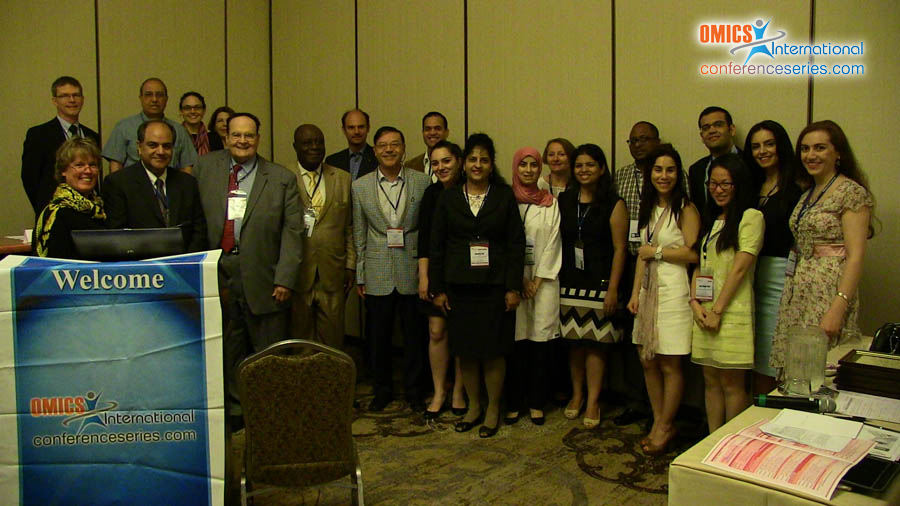
Hesham M Ahmad
Al-Minia University
Egypt
Title: Two different regimens of oral isotretinoin for treatment of acne vulgaris.
Biography
Biography: Hesham M Ahmad
Abstract
Acne vulgaris is a common condition that represents a physically and emotionally debilitating disorder and requires an adequate treatment. This work assess the clinical efficacy, side effects and laboratory changes of serum lipids and liver function during oral isotretinoin therapy for acne vulgaris, comparing single versus twice-daily dose regimens. 58 patients with acne vulgaris were included and classified into: Group I (26 patients) received once daily dose and Group II (32 patients) received a twice daily dose of oral isotretinoin. Global acne scoring system was used to objectively determine acne severity and to evaluate clinical improvement. Serum cholesterol, triglycerides, ALT and AST were evaluated before and 3 months after treatment. Both regimens resulted in highly significant improvement of acne scores but with no statistically significant difference in efficacy between the two groups. Incidence of clinical side effects, mainly dry skin and mucous membranes and gastro-intestinal upset, were significantly more common among patients receiving once daily dose. Both regimens caused mild but statistically significant rise of serum cholesterol, ALT and AST with more prominent rise in serum triglycerides especially with twice daily dose. In conclusion: Oral isotretinoin is very effective in acne vulgaris treatment with no statistically significant difference in clinical efficacy between once or twice daily doses. Clinical side effects are more common among patients receiving single daily dose. Both regimens cause mild but statistically significant rise of serum cholesterol, ALT and AST with more rise in serum triglycerides especially with twice daily dose.


